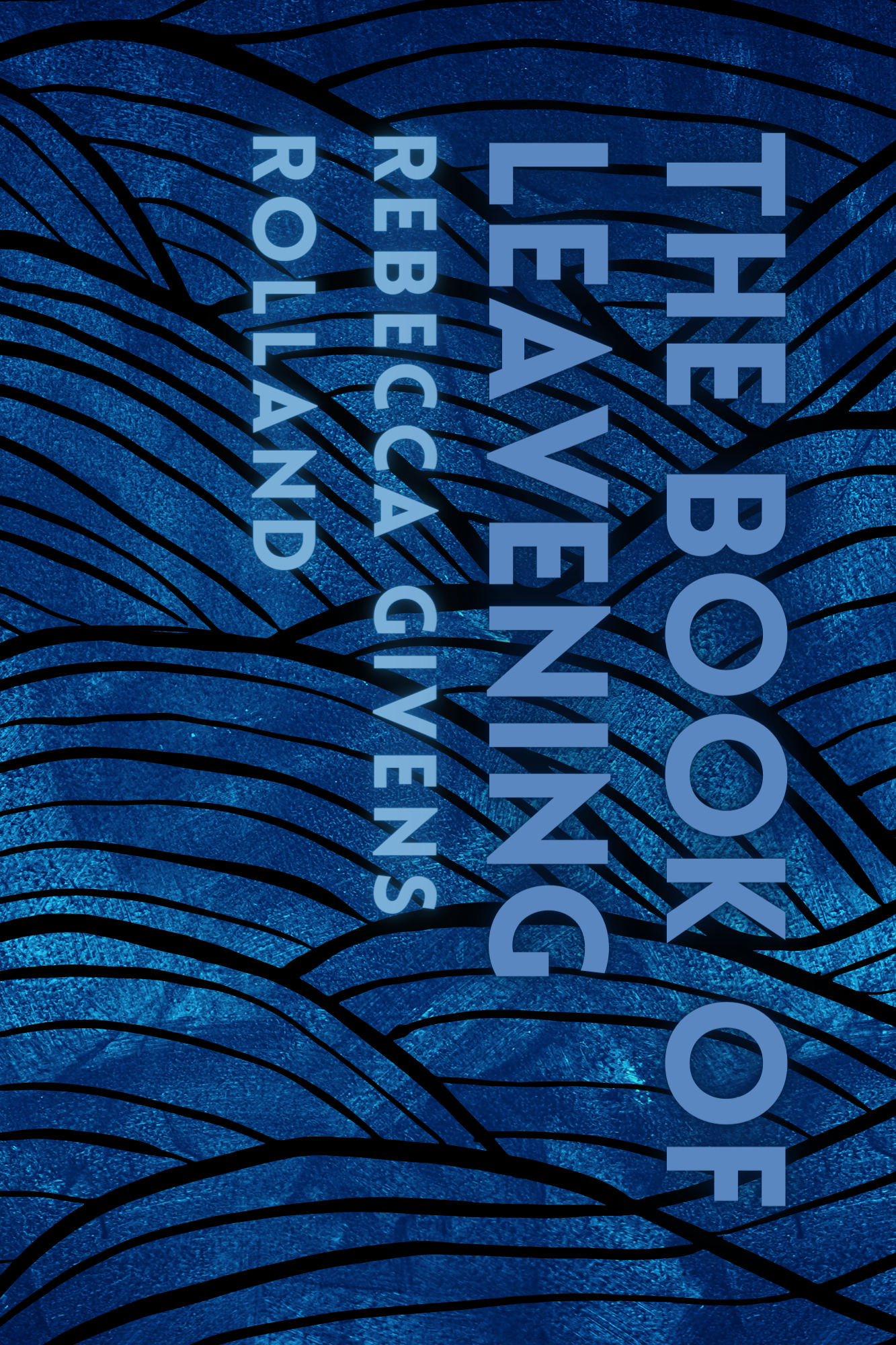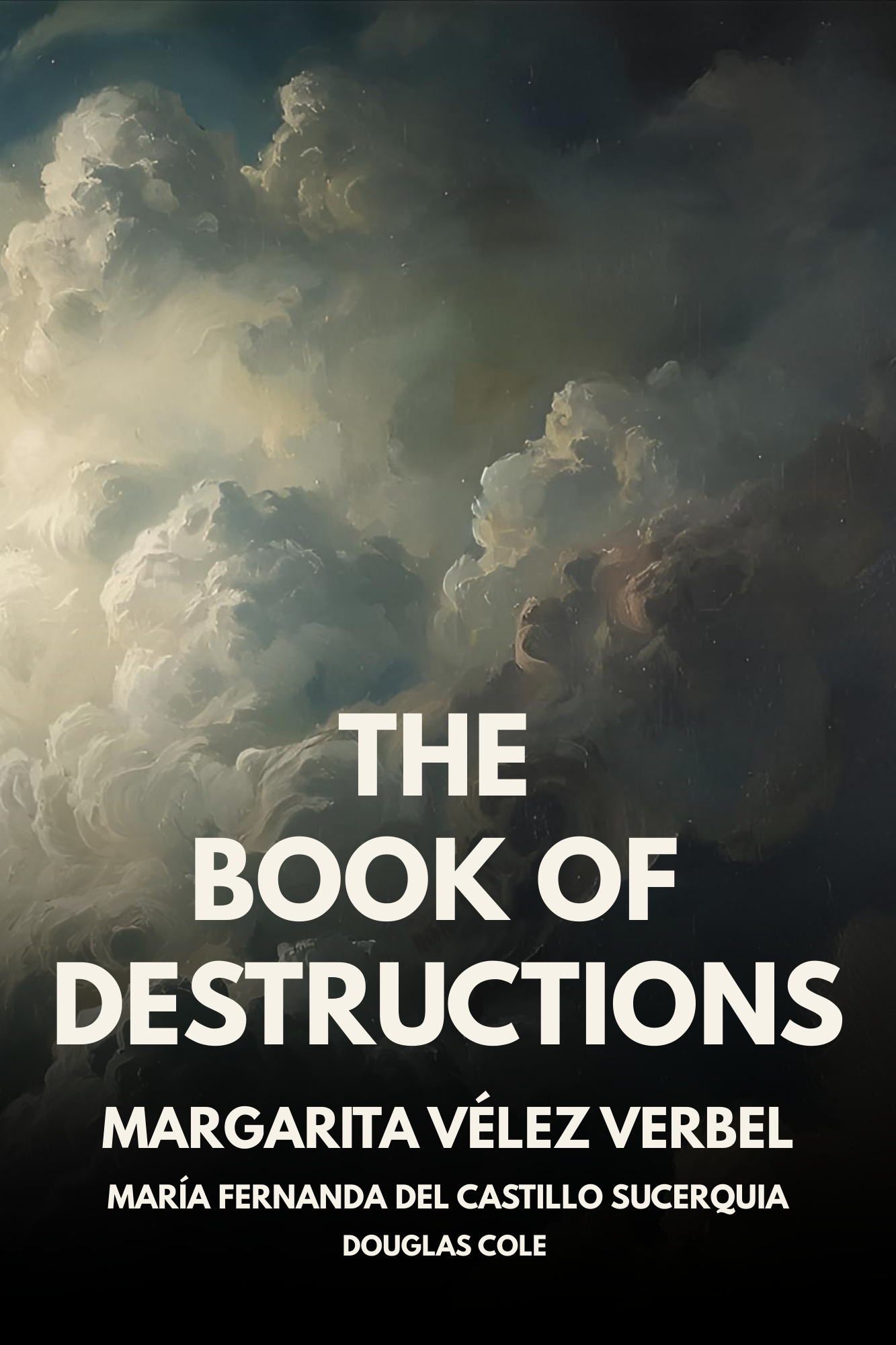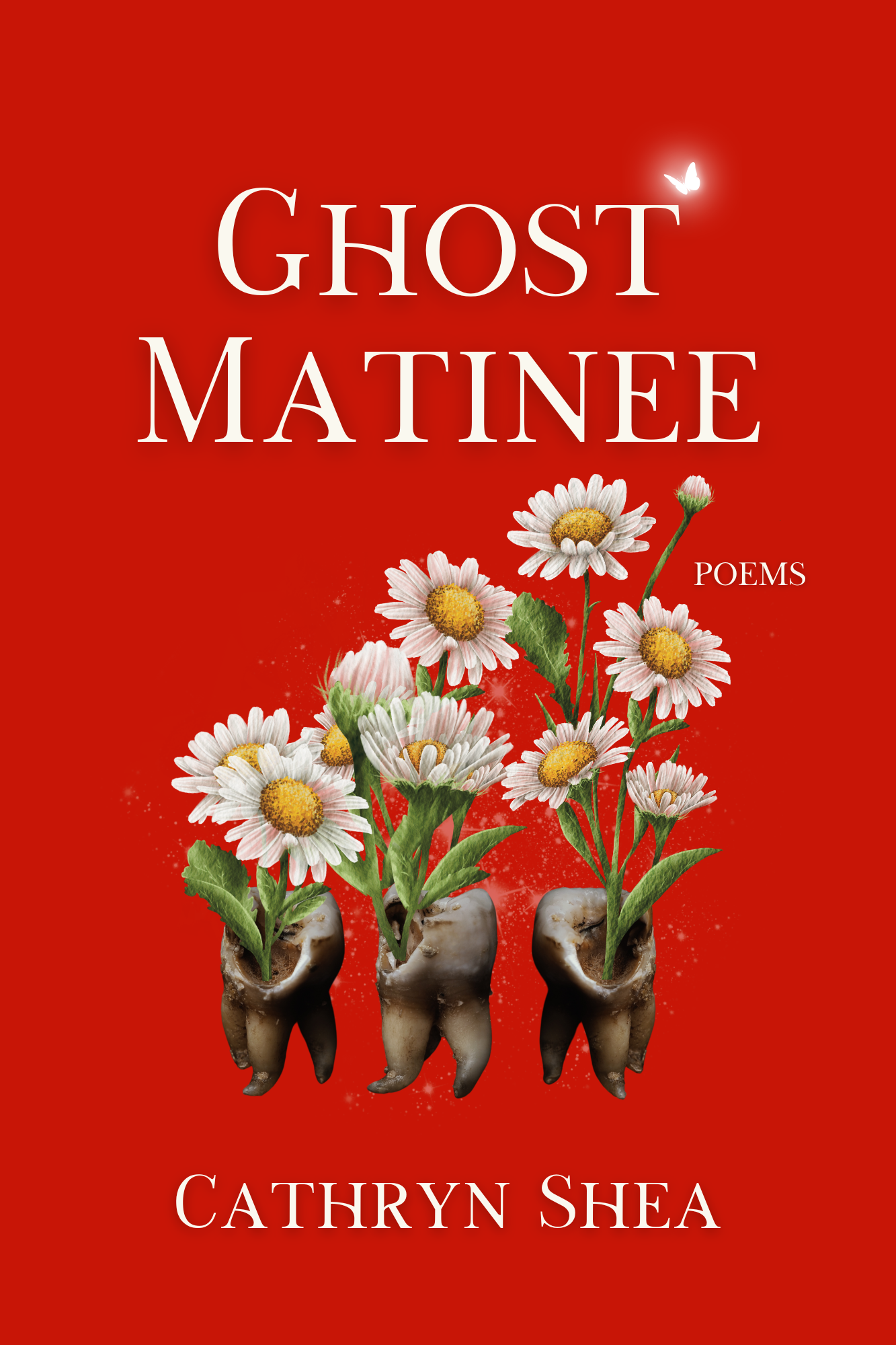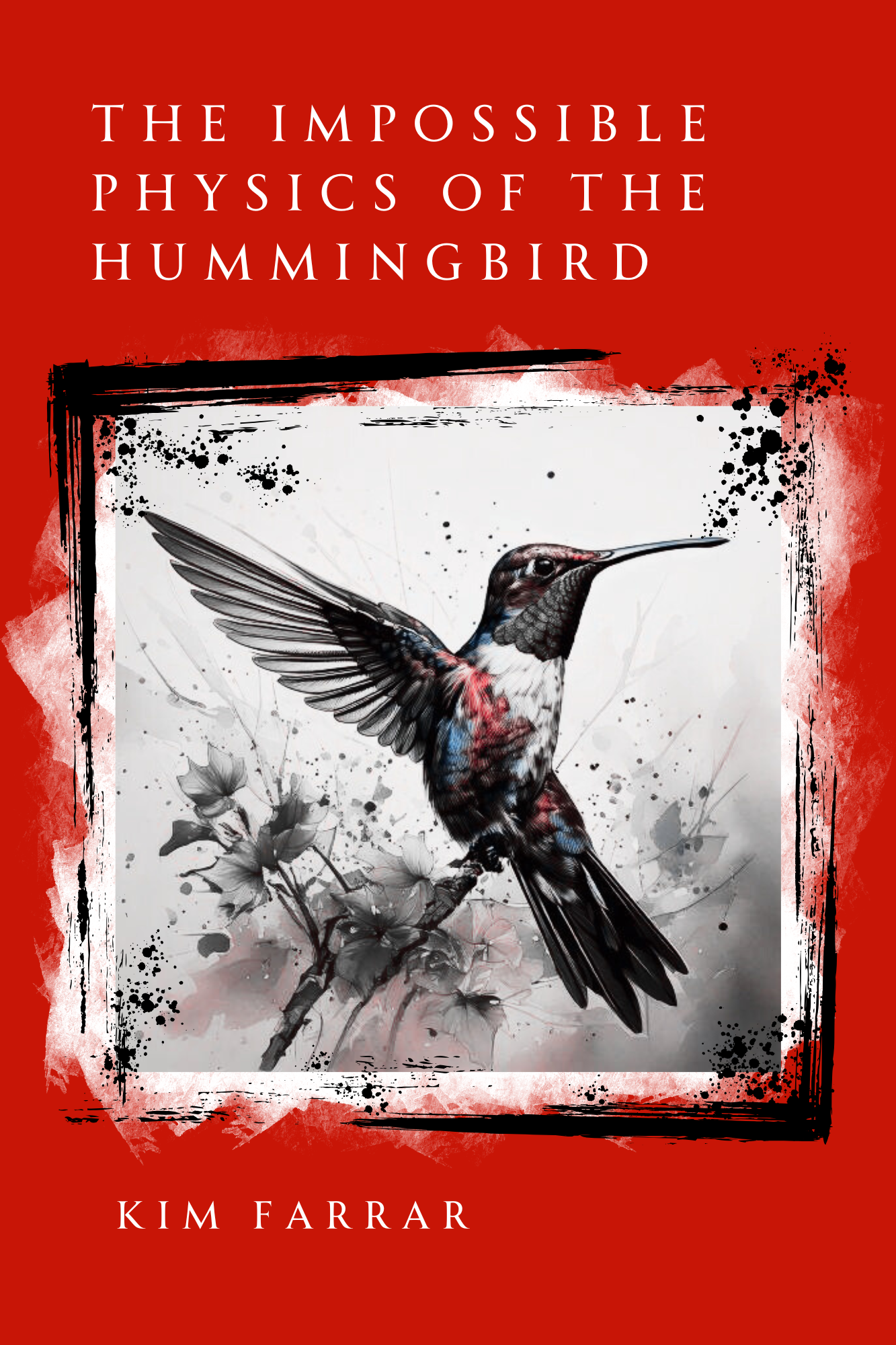About REBECCA GIVENS ROLLAND
Rebecca Givens Rolland is a writer of fiction, nonfiction, and poetry. Author of The Art of Talking with Children (HarperOne, 2022), she has an MFA in fiction from Lesley University and teaches at Harvard. She is the winner of the May Sarton New Hampshire First Book Prize for her first poetry collection, The Wreck of Birds. She has published two chapbooks with dancing girl press. Her poems appear in the Kenyon Review, Cincinnati Review, Gettysburg Review, Poetry Northwest, and Poets.org.
-
Genre: Poetry
ISBN: 978-1-956692-71-6
Publication Date: December 12, 2023







